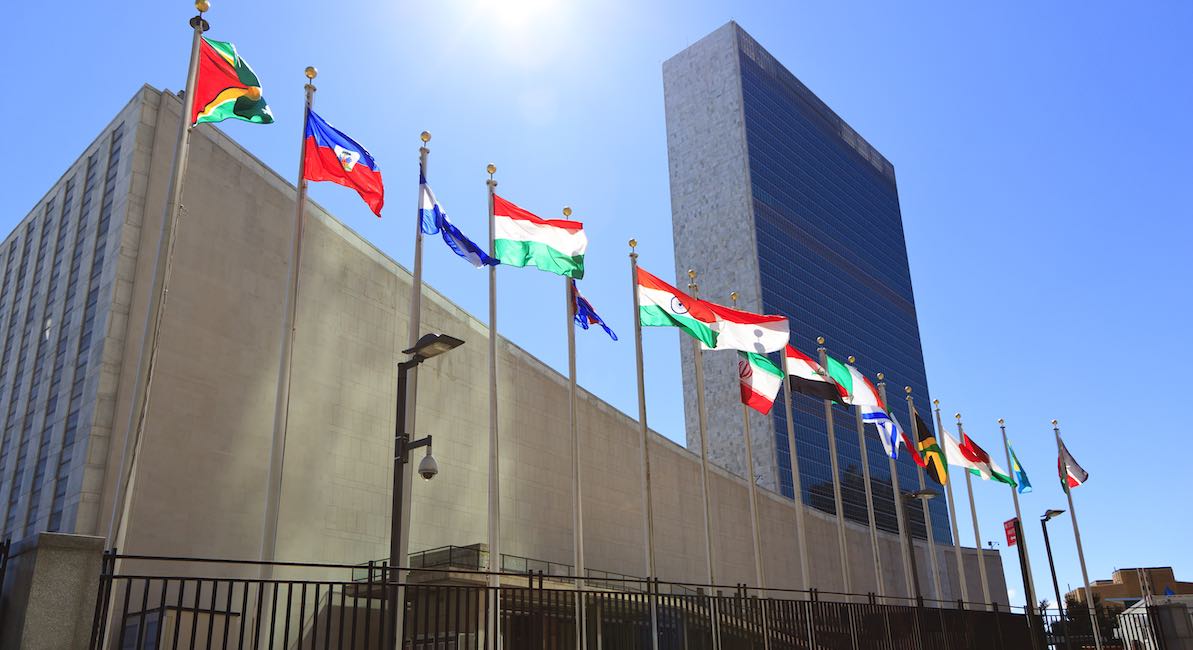(WASHINGTON, D.C., C-Fam) A recent publication from the United Nations Population Fund illustrates several troubling trends at the UN: the steady push to insinuate a human right to abortion, the overreach of special experts in the human rights system, and the tendency of problematic language and ideas to migrate from one agency to another.
In December, UNFPA published a guidance document how to apply a human rights-based approach to its work in family planning and maternal health. UNFPA’s original mandate was established in 1994 by the International Conference on Population and Development. But the new report argues new “human rights” have been discovered by various UN bodies.
For instance, in 2016 the UN Committee on Economic, Social, and Cultural Rights issued “General Comment 22” that UNFPA says details obligations to ensure a right to abortion.
This comment, as well as any other “elaborations” issued by treaty monitoring bodies, are not binding. The text of the treaty itself is binding, but only on those countries that have ratified it. But the comments of UN committees are not binding on states that have ratified the treaty.
The United States, for instance, ratified the International Covenant on Civil and Political Rights, whose monitoring body released “General Comment 36” in 2018. According to UNFPA, this comment “finds an obligation for States to provide safe, legal and effective access to abortion” in certain exceptional cases, such as rape, incest, fetal non-viability, and where the life or health of the mother is at risk. Again, this comment is not binding on the United States or any other nation that has ratified this document.
READ: United Nations gives China seat on Human Rights Council, despite abuses and genocide
Abortion has never been an international human right, and neither UNFPA nor the UN’s human rights mechanisms such as treaty bodies have the power to make it a right. Nevertheless, the insinuation that such a right exists has been steadily imposed by treaty bodies and then echoed by other parts of the UN system, including UNFPA and the World Health Organization.
UNFPA, in particular, has attempted to walk a fine line on the abortion issue for decades. When the United States under President Trump cut its funding due to its promotion of abortion and complicity in China’s former one-child policy, UNFPA repeatedly asserted that it “does not perform, promote or fund abortion.” At a previous executive board meeting, some of UNFPA’s evaluators suggested it could do more to promote abortion, while praising its “discreet leadership” in getting abortion-causing drugs onto several countries’ essential medicines lists.
U.S. president-elect Joe Biden has stated his intention to restore funding to UNFPA. Even so, as UNFPA communications director has repeatedly said, other countries have more than picked up the slack. In September, he was quoted in PassBlue boasting about the agency’s unprecedented support, largely from Europeans and Canada. “So we have more money than we have ever had in the history of UNFPA.”
It is clear that pressure from treaty monitoring bodies and subsequent support from legislators and judges will increase in the coming years. The way governments can protect themselves is to take on the role of “persistent objectors,” a concept in international law that would stop a customary right to abortion. The recently released Geneva Consensus Declaration does just that.
Editor’s Note: Rebecca Oas, Ph.D. writes for C-Fam. This article first appeared in the Friday Fax, an internet report published weekly by C-Fam (Center for Family & Human Rights), a New York and Washington DC-based research institute (https://c-fam.org/). This article appears with permission.
“Like” Live Action News on Facebook for more pro-life news and commentary!







